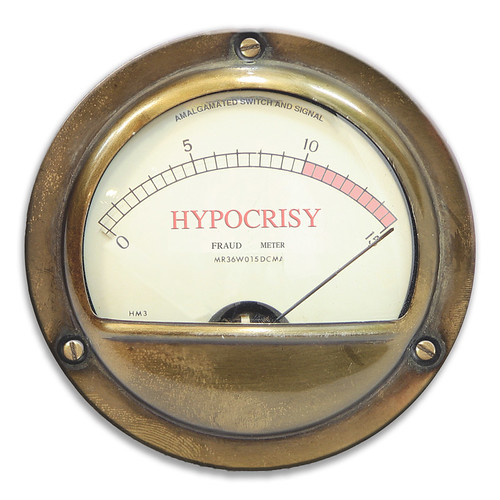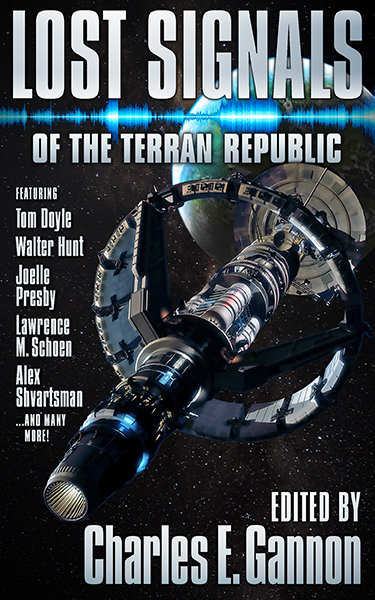I want a new political party.
To be clear: I want a new political party almost enough to stop playing my “Anti-Candidate” game — as fun as it’s been — and start playing the political game seriously. If I thought there were enough interest, I would pursue it.
I’ve never felt completely bound by party affiliation. I can’t remember ever voting a straight party ticket. I’ve been a Republican as long as I can remember, though, so it might have happened once or twice. But lately I’ve been displeased by my own party almost as much as by any other.
The parties today spend vast amounts of time, effort, and money trying to distance themselves from the others. “We’re not them” seems to be the rallying cry, even when their criticisms of the other side sound rather similar.
Consider, for instance, that both Democrats and Republicans like to claim that the other side is what I’d call the “party of taking.” Democrats warn that Republicans are the party of the rich, of banks and big business, who by the very fact of their wealth must be hoarders who take and take from the economy, enriching themselves and their friends at the expense of the poor and downtrodden. Republicans warn that Democrats stand ready to take what they can, from whoever they can, in order to redistribute it according to their socialistic visions.
Instead of saying what they are, they focus on what the other party is, or what they think it is, or what they want to make it seem to be.
I’m weary in my soul from all of that.
The parties rarely hold themselves up to scrutiny, rarely articulate clear visions, and rarely offer compelling arguments for their positions. What are they all about? What do they represent? With the number of issues in play, and the vast array of opinions on even the simplest subjects, it’s easy to get overwhelmed by the totality of their platforms; but, in the interest of time and attention, let’s keep the focus on economic matters.
Democrats appear to want to be the “party of providing,” or the “party of giving” — emphasizing the “have-nots” of society and determined to transform them directly into “haves.” They seem to downplay the source of the largesse they would distribute, except to say that much of it would come from the hated rich. Republicans like to present themselves as the “party of protecting” when it comes to securing the blessings of liberty, and are very much the “party of earning” — especially in the way they deemphasize society’s economic safety nets. And Libertarians — while in some respects I appreciate their positions on many issues, though I shudder at how far some of them tend away from Heinleinian “rational anarchy” all the way to full anarchy — appear to be the “party of keeping,” from the standpoint of everyone keeping what they have and doing with it what they please.
I want a new party: one that is not about “giving” or “earning” or “keeping” but is about “producing.”

Where is the political party for the creative class, and the people who produce? (Image: “North Carolina Potter,” by Robert Nunnally, on Flickr under Creative Commons.)
I want a party for the makers, for the creators, for the ordinary as well as the remarkable people who design, who build, who produce and maintain everything that makes modern life possible, comfortable, and enjoyable. And I mean everything, from houses to housewares, from food to furniture, from semiconductors to symphonies. Not a party of “labor” by itself, but a party of industry — remembering that those who drive trucks are just as industrious as those who direct movies, and those who make repairs are just as industrious as those who make … well, anything.
I want a party that not only recognizes but celebrates the creative productivity — or, if you prefer, the productive creativity — that leads to inspiration, innovation, and invention. Productivity that is uncreative winds down into obsolescence, and creativity that is unproductive remains underappreciated if it is not lost forever, but creative productivity leads to great gains in every field of endeavor. I believe creative productivity is essential to establishing, growing, and sustaining any civilization, and those who are creative and productive have earned the right to be represented by a party (and a government) that values their contributions to society.
That’s the new party I want.
Is that too much to ask? Maybe. And I wonder whether anyone else might think it worthwhile.



 by
by 
















